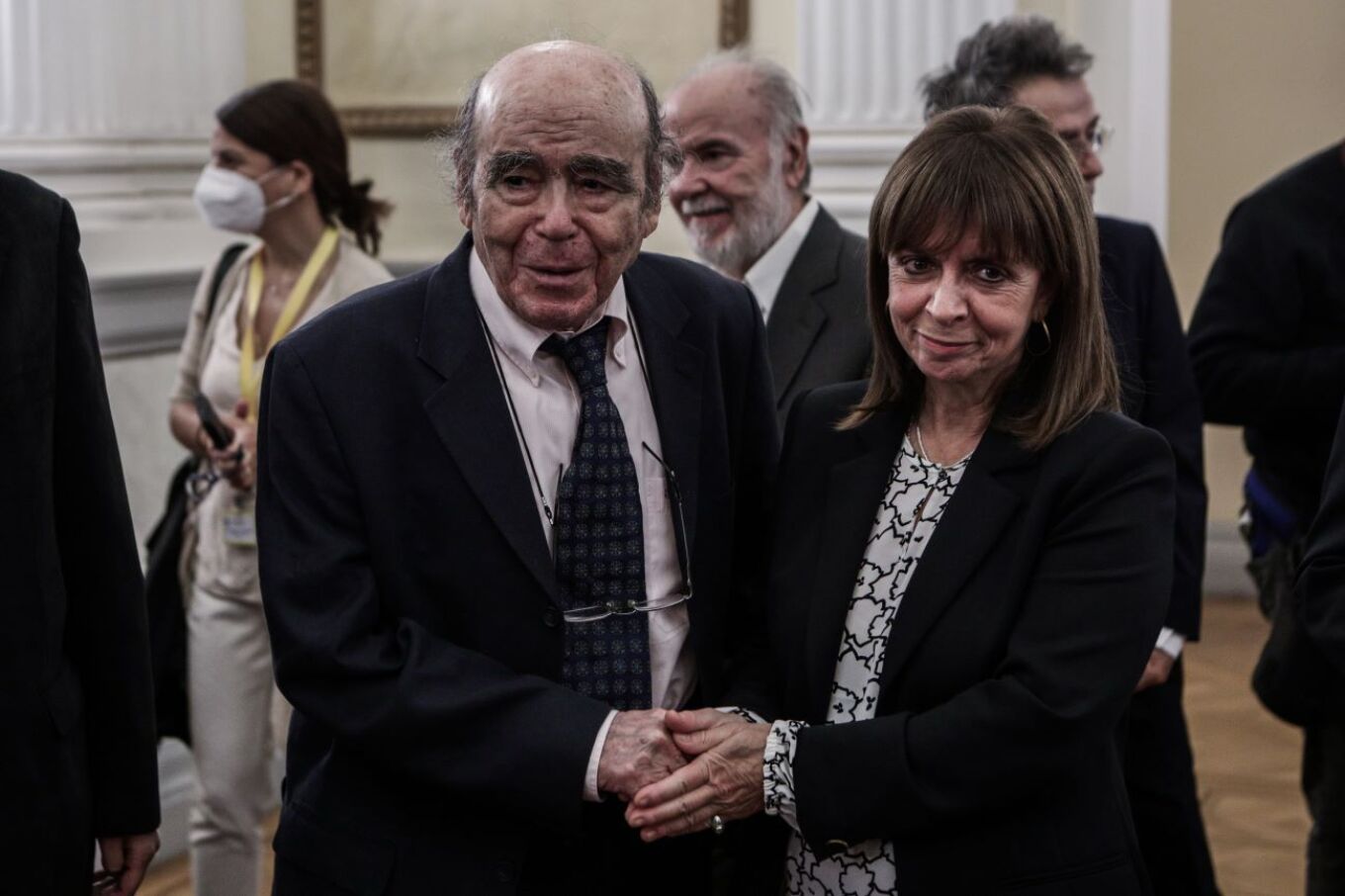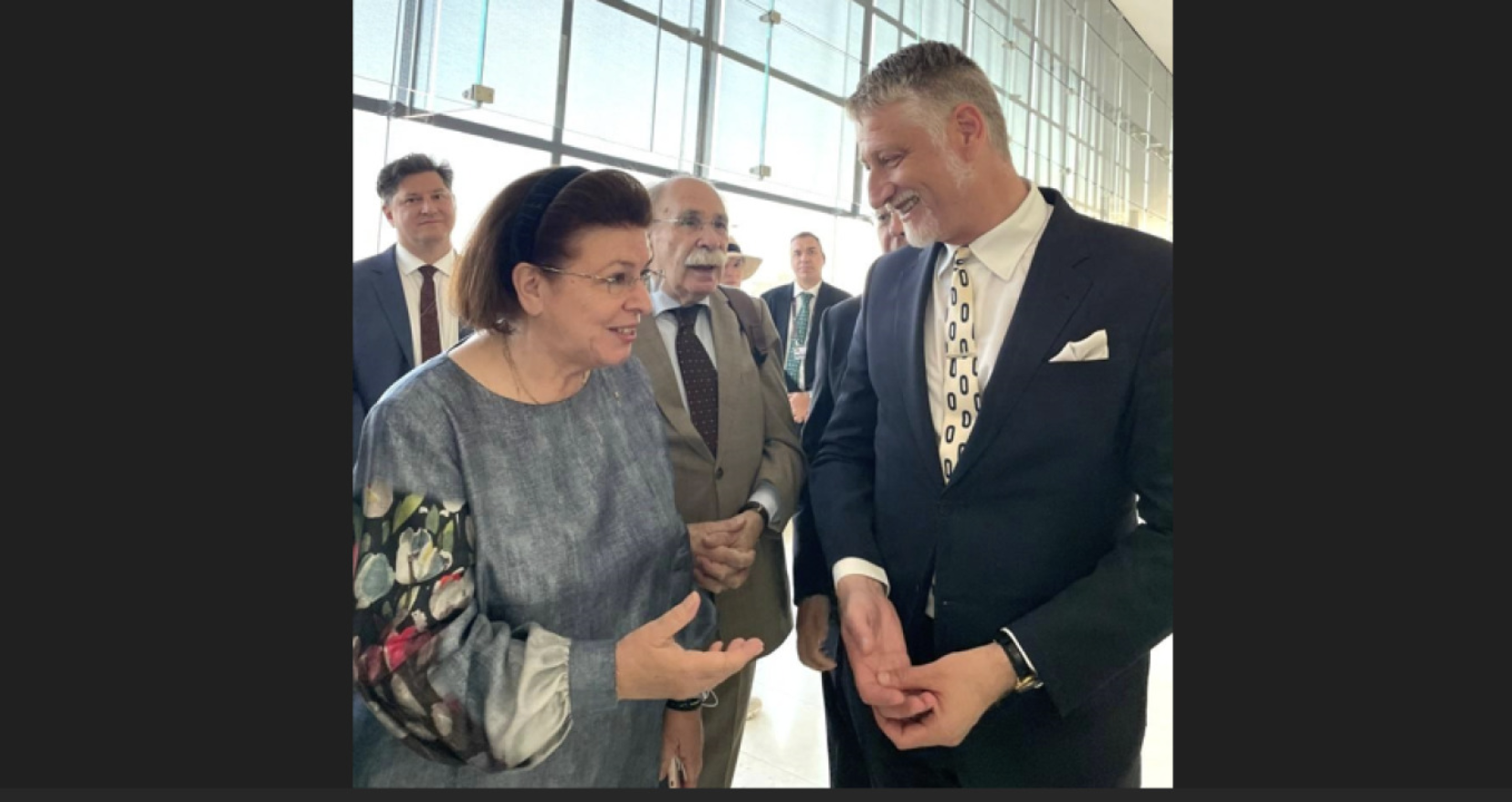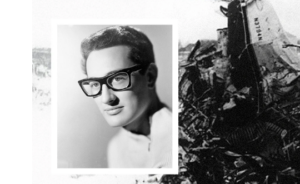Valtinos debuted in the literary scene in the 1950s and established his reputation with renowned books like Orthokosta, The Book of Andreas Kordopatis, and Deep Blue, Almost Black. Born in Kastrí, Kynouria in 1932, he experienced the occupation and civil war, which led his family to various cities. Since 1950, he lived in Athens, studying Political Science at Panteion University and taking film courses.
His first literary appearance was in 1958 with the short story In the Midst of Summer, published in a competition by Tachydromos magazine. In 1963, he published The Descent of the Nine, a narrative centered on the Greek Civil War. During the dictatorship, he contributed to the anti-regime publication 18 Texts.
After 1974, Valtinos spent periods abroad in England, West Berlin, and the U.S., invited by universities and cultural institutions. In 1990, he won the State Novel Award for Data from the Decade of the ’60s.
In 1994, he published Orthokosta, again exploring the Civil War, which sparked intense discussions. He collaborated with Karolos Koun’s Art Theater and Theo Angelopoulos, winning the Cannes Film Festival screenplay award for Voyage to Cythera in 1984.

He contributed to magazines such as Tachydromos, Epoches, I Lexi, Diavazo, and Antí and to newspapers like Kathimerini and Avgi. On June 5, 2008, he was elected a regular member of the Academy of Athens in the Modern Greek Prose section within the Letters and Fine Arts category. In December 2012, he was honored with the Grand State Literature Award for his body of work.
Additionally, he was a member of the European Academy of Sciences and Arts, the Greek Playwrights Society, and served as president of the Society of Greek Writers. He was General Director of ERT-2 from 1989 to 1990.
In 2022, the President of the Republic honored 11 distinguished figures in the arts and letters, including Thanasis Valtinos. She noted that his works enriched Greek literature by interweaving history, politics, and society with the self and individuality. His narrative style, his portrayal of ordinary people’s struggles, and his pioneering use of documents as literary material shaped contemporary Greek novels.
His works include:
- The Book of Andreas Kordopatis, Volume One: America, Kedros, 1972
- The Descent of the Nine, Kedros, 1978
- Three Greek One-Act Plays, Kedros, 1978
- Deep Blue, Almost Black, Stigmi, 1985
- Data from the Decade of the ’60s, Stigmi, 1989
- You Will Find My Bones Under the Rain, Agra, 1992
- Orthokosta, Agra, 1994
- The Book of Andreas Kordopatis, Volume Two: The Balkans – ’22, Oceanida, 2000
- Diary 1836-2011, Oceanida, 2001
- Flowers of the Abyss, Estia, 2008
- The Last Varlamis, Estia, 2010
- Anaiplous, Estia, 2012
His works have been translated into numerous European languages. Beyond his own writing, he translated The Trojan Women by Euripides and Oresteia by Aeschylus, which were performed at Epidaurus in 1979 and 1980 by the Art Theater under Karolos Koun’s direction.
Ask me anything
Explore related questions





